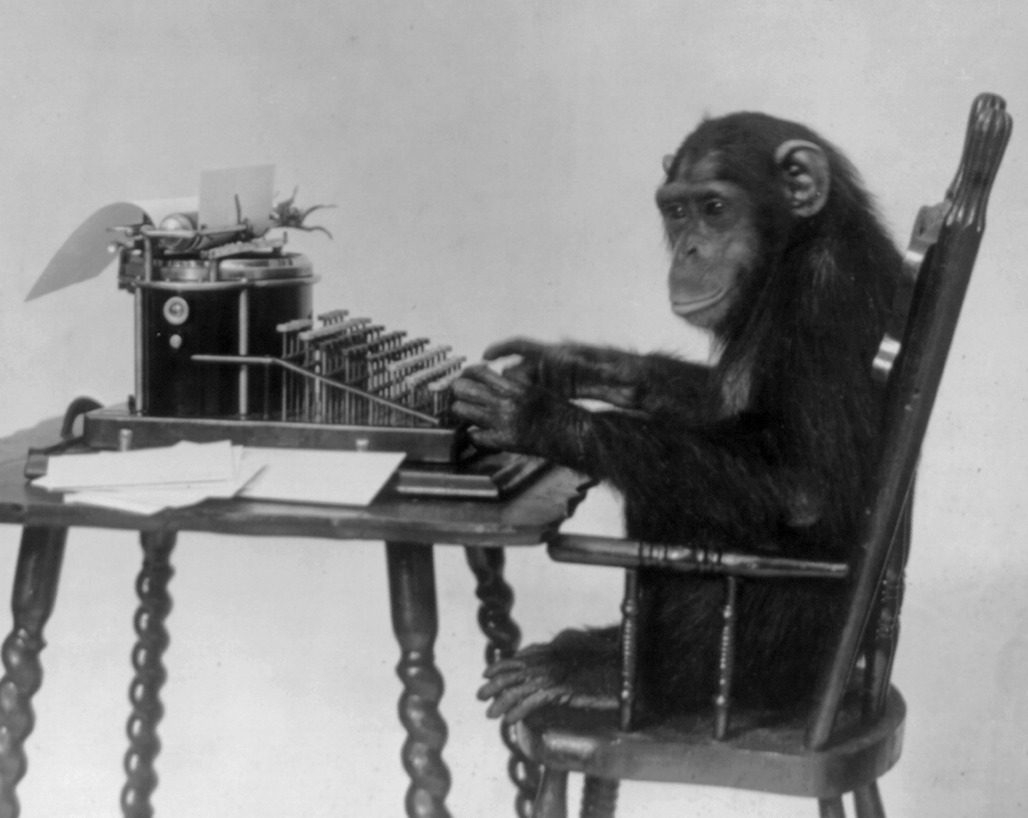or
Shihuangdi, was the founder of the
Qin dynasty, and first
emperor of a unified China.
[6] Rather than maintain the title of "
king" (王
wáng) borne by the previous
Shang and
Zhou rulers, he ruled as the First Emperor (始皇帝) of the Qin dynasty from 221 to 210 BCE.
His self-invented title "emperor" (皇帝
 huángdì) would continue to be borne by Chinese rulers for the next two millennia.
huángdì) would continue to be borne by Chinese rulers for the next two millennia. Historically, he was often portrayed as a tyrannical ruler and strict
Legalist, in part from the
Han dynasty's scathing assessments of him. Since the mid 20th-century, scholars have begun to question this evaluation, inciting considerable discussion on the actual nature of his policies and reforms. Regardless, according to sinologist
Michael Loewe "few would contest the view that the achievements of his reign have exercised a paramount influence on the whole of China's subsequent history, marking the start of an epoch that
closed in 1911".
[7]









